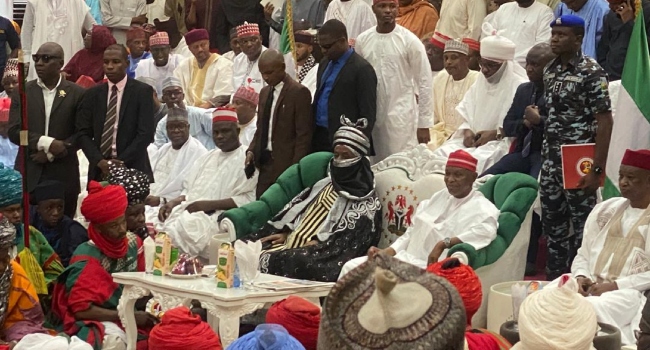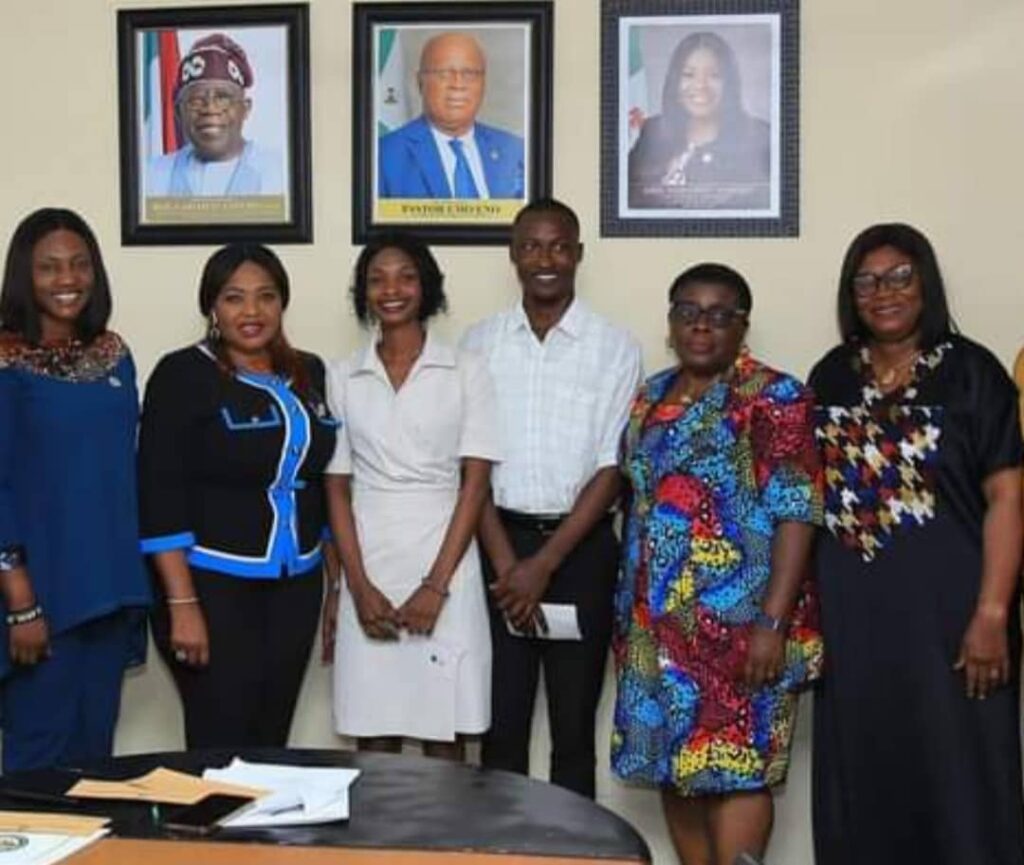
Inaugurates Council To Drive Gas Development Amid $200b Funding Deficit
The Federal Government has lamented that with over 76 per cent of the country’s gas reserves not developed, it will find it difficult to meet the energy needs of Nigerians.
The government equally admitted that the country was facing a revenue crisis with its attendant harsh economic realities. However, the government yesterday in Abuja inaugurated the Governing Council of the Midstream and Downstream Gas Infrastructure Fund (MDGIF) amid over $200 billion needed capital to drive gas infrastructure in the next one decade.
The Special Adviser to the President on Energy, Mrs. Olu Arowolo Verheijen, who spoke yesterday at a forum to further explain the rationale behind the three policy directives introduced during the week by President Bola Ahmed Tinubu as part of his administration’s efforts to create a more enabling business environment, stated that the government’s ambition to accelerate economic growth and diversify the economy require timely, credible, clear and consistent policies.
Noting that the oil and gas sector remained critical to the government’s ability to accelerate economic growth, Verheijen lamented that the nation’s current oil and gas production and investment levels fall significantly short of its potential.
She added that with 76 per cent of the nation’s gas reserves undeveloped, there would be insufficient gas to meet its domestic needs for the industries, electricity and even for cooking. This, she said, was in spite of the fact that Nigeria has one of the largest gas reserves globally.
To urgently address the situation, Verheijen stated that the government was actively seeking ways to grow revenue and foreign exchange to stabilise the economy and the local currency.
“The oil and gas sector is critical in realising this noble goal but again, the current oil and gas production and investment levels fall significantly short of our potential,” she said. Verheijen noted that since 2016, Nigeria has accounted for only four per cent of Africa’s total oil and gas investments despite possessing 38 per cent of the continent’s hydrocarbon reserves. She said that a society is not rich because of its resources but because of what it does with them.
“President Bola Ahmed Tinubu is determined to reverse this trend and take decisive steps to ensure a conducive business climate and reposition Nigeria as a preferred investment destination for the oil and gas sector,” she added.
She said that some of the steps already taken to attract investments in the oil and gas sector include clarifying the scope of the two regulators in the petroleum sector to provide certainty and create a conducive business environment.
“He has also directed the National Security Adviser (NSA) and Special Adviser on Energy to coordinate enhanced security measures in the Niger Delta. Owing to this directive, the TNP pipeline which had been repeatedly vandalised is now enjoying improved uptime; availability has practically doubled since these directives were implemented.
“This has translated to increased liquids of over 200,000 barrels per day being transported over the last six months,” she revealed. She added that the President has introduced fiscal incentives to deepen Compressed Natural Gas (CNG) and Liquefied Petroleum Gas (LPG) penetration.
On the removal of fuel subsidy, Verheijen said though the subsidy was removed on May 29, 2023, the government has the prerogative, just like in any other country, to maintain price stability and prevent social unrest.
“So, if prices are moving up, the government reserves the right to intervene; it is done in the United States, United Kingdom and other developed countries.
“Every government has that right. So, if for whatever reason the administration has reviewed the situation and decided that it is not the right time to have prices continue to fluctuate given the level of hardship in the country and the rate of inflation, it has the right to intervene intermittently but it does not negate the fact that the subsidy has been removed,” she noted.
Although Nigeria has about 219 trillion standard cubic feet of mostly associated gas reserves, power plants are shutting down even as prices of cooking and auto gas are soaring.
Speaking at the inaugural meeting of the council, the Minister of State, Petroleum Resources (GAS), Ekperikpe Ekpo, described the challenges bedevilling the sector as mere blessings in disguise. He expressed optimism that strategic planning, prudent governance and collaboration that would be provided through the MDGIF would leapfrog the sector.
Ekpo noted that there’s a need to harness the vast potential of the nation’s gas resources to drive innovation, create jobs and contribute significantly to the overall development of the country.
Setting up the MDGIF last year in line with the provisions of the Petroleum Industry Act (PIA), the government had said about $20 billion would be needed yearly, translating $200 billion in a decade to unlock gas opportunities in the country.
Ekpo said as the country strives for economic diversification and sustainable development, the fund would support the midstream and downstream gas infrastructure.
“The MDGIF represents not just a financial instrument, but a symbol of our dedication to fostering an environment conducive to private sector participation and international collaboration. It is a testament to our belief in the transformative power of a well-developed and efficiently managed gas infrastructure.
“Our goals are ambitious, but so is our determination. With the collective expertise and commitment of the Governing Council, as well as the support of our stakeholders, we aim to drive innovation, create employment opportunities and ensure energy security for our nation,” Ekpo said.
Chief Executive of the Nigerian Midstream Downstream Petroleum Regulatory Authority (NMDPRA), Ahmed Farouk, stressed the need to prioritise gas in the country.
Confident that the MDGIF would provide a leap for gas infrastructure, Farouk said the regulator would do everything possible to ensure investors thrive in the sector.













